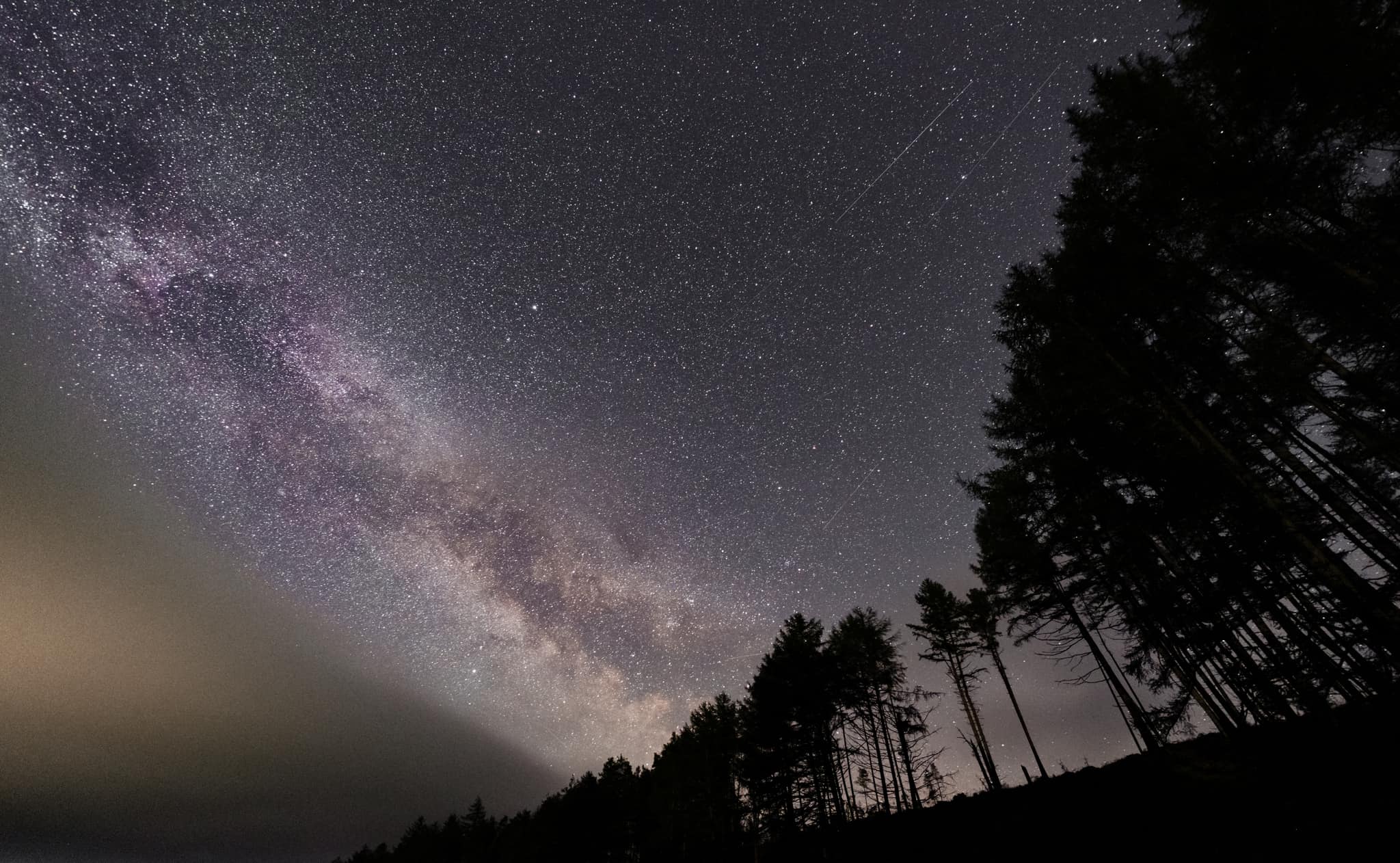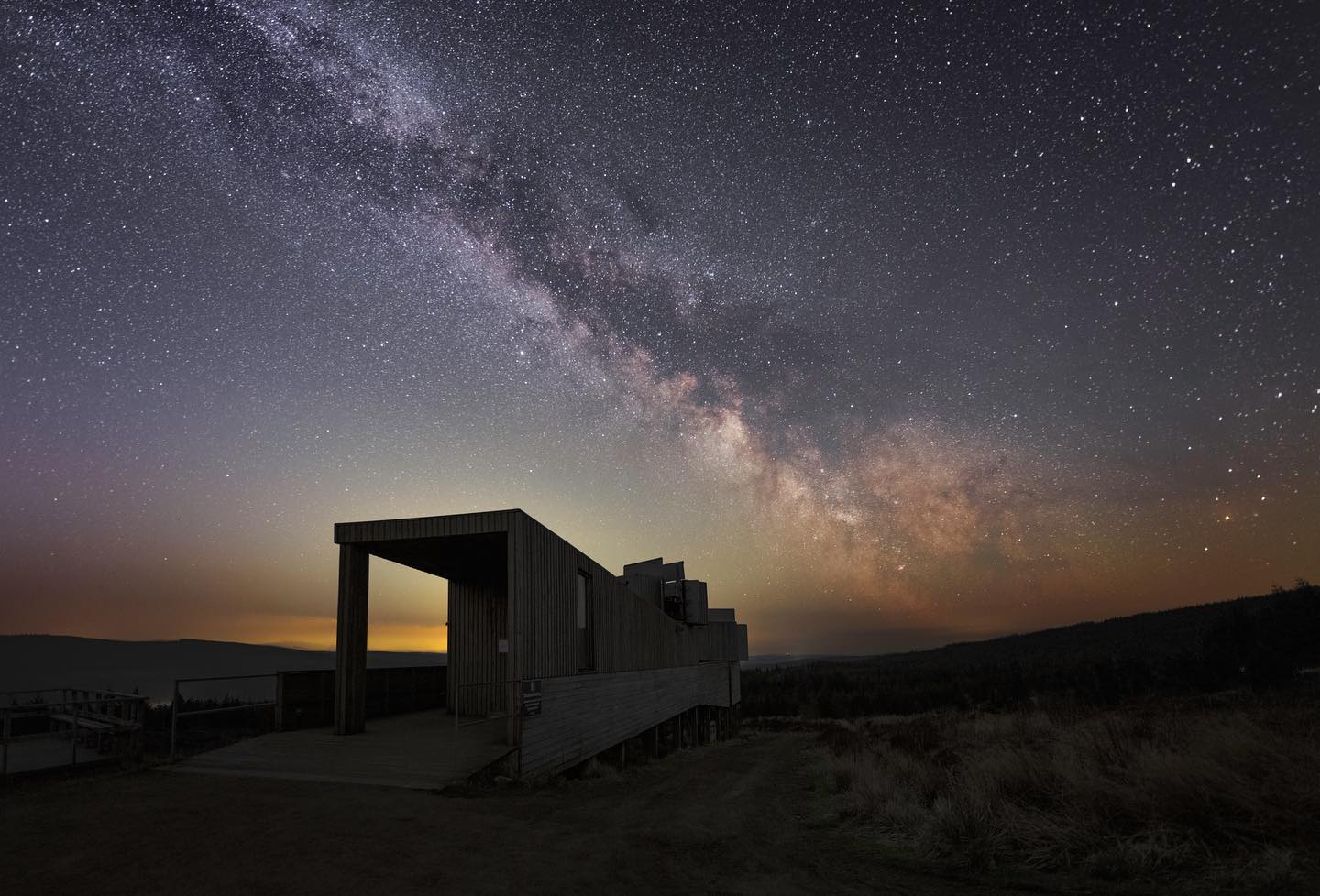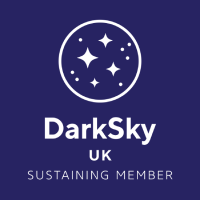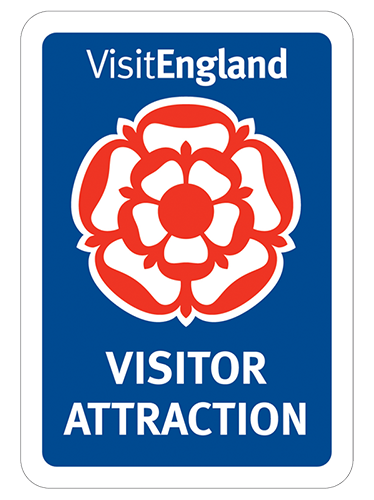

New film celebrates dark sky park’s 10th anniversary
ONE of the region’s beloved tourist attractions featuring the most ‘pristine dark skies’ in England is celebrating its 10th anniversary.
A major swathe of rural Northumberland was given dark skies status on December 9, 2013 by the International Dark Sky Association, which is committed to tackling light pollution.
Since then, The Northumberland International Dark Sky Park, which covers Northumberland National Park and most of Kielder Water and Forest Park, has brought wonder to thousands of visitors through dark sky experiences and £25m per year into the local economy.
To commemorate its 10th anniversary, the Northumberland International Dark Sky Partnership, which comprises tourist and parks partners, commissioned a film which talks about the importance of the dark skies and what needs to be done to protect them for the future.
Tony Gates, Chief Executive of Northumberland National Park Authority, said:
“The 10th anniversary of Northumberland International Dark Sky Park is a time to celebrate the designation but also the many guardians who have overseen the conservation of our majestic dark skies since 2013.
“Northumberland International Dark Sky Park has been a game-changer in terms of the impact it has had on Northumberland’s visitor economy, resulting in the development of new observatories, dark sky experiences and a longer visitor season in the county.
“As we look forward to the future of Northumberland International Dark Sky Park with our partners, we are committed to furthering our conservation efforts, not only in the National Park but hopefully by inspiring others, from organisations and businesses to people at home, encouraging everyone to adopt dark sky friendly lighting.
“We want people of all ages and abilities to have the opportunity to experience the health and wellbeing benefits that dark skies offer, and for nature and wildlife which rely on the dark to thrive.”

The park was deemed to have the most ‘pristine dark skies’ in England according to the CPRE (Campaign to Protect Rural England) in its Night Blight Report. On a clear night, thousands of stars can be seen, the Milky Way and even the Andromeda Galaxy (2.5 million light years away, with the naked eye.
Hannah Matterson, Operations and Marketing Director at Kielder Observatory, said: “We’ve been fortunate to welcome thousands of visitors over the years who have come to enjoy all this natural beauty. We’ll be working with our partners to continue to protect our dark skies so that future generations can star gaze and more in future.”
As part of the anniversary celebrations, Northumberland National Park is looking forward to celebrating the anniversary with the hosting of artist Bethan Maddock’s Noctalgia: Dark Skies Matter exhibition at The Sill: National Landscape Discovery Centre from December 9 to March 2024. Visitors can find more information here: https://bit.ly/3Rn3rls
The film, which can be seen here, Dark Skies 10 • Northumberland National Park, was funded by Northumberland National Park, Kielder Forest and Water Park Trust, Northumberland Area of Outstanding Natural Beauty and Kielder Observatory.
People are also being asked to recall their fondest memories of the park and what its meant to them over the last 10 years by using the hashtag DARKSKIES10 on social media.

Here are some more Northumberland International Dark Sky Park facts:
1. The park covers 1400 km2
2. Following the building of Kielder Observatory in 2008, three more public observatories opened - Battlesteads Observatory, Stonehaugh Observatory and Twice Brewed Stargazing
3. More than 40 self-catering and accommodation providers are now accredited as ‘Dark Sky Friendly’ offering exceptional visitor experiences from their own venues. The accreditation system has been copied and emulated elsewhere across the UK since.
4. Hundreds of local businesses have attended ‘Star Tips for Profit’ training workshops, making them aware of the business potential to develop astro-tourism and to help conserve our dark skies with appropriate outside lighting.
5. In 2018, an Economic Impact Assessment was commissioned by the Dark Sky Steering Group to calculate the economic value of ‘astro’ or ‘dark sky’ tourism, which said it was valued at £25 million to the local visitor economy per year, supporting around 450 jobs
6. Northumberland IDSP is regarded as a global leader in the development of dark sky tourism, with recent invites to Mayo and Outer Hebrides to share our experience with other destinations.
7. NPA is focusing its events programme more on celebrating the value of our dark sky environment on nature recovery and our sense of health and wellbeing, as well as for stargazing
















